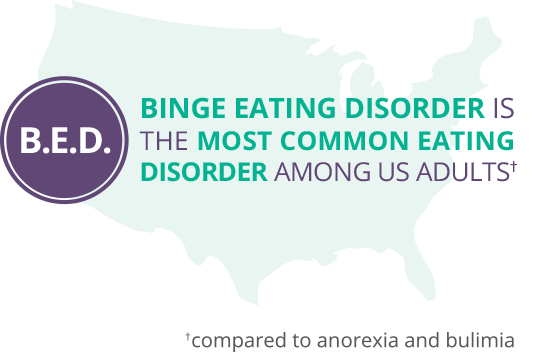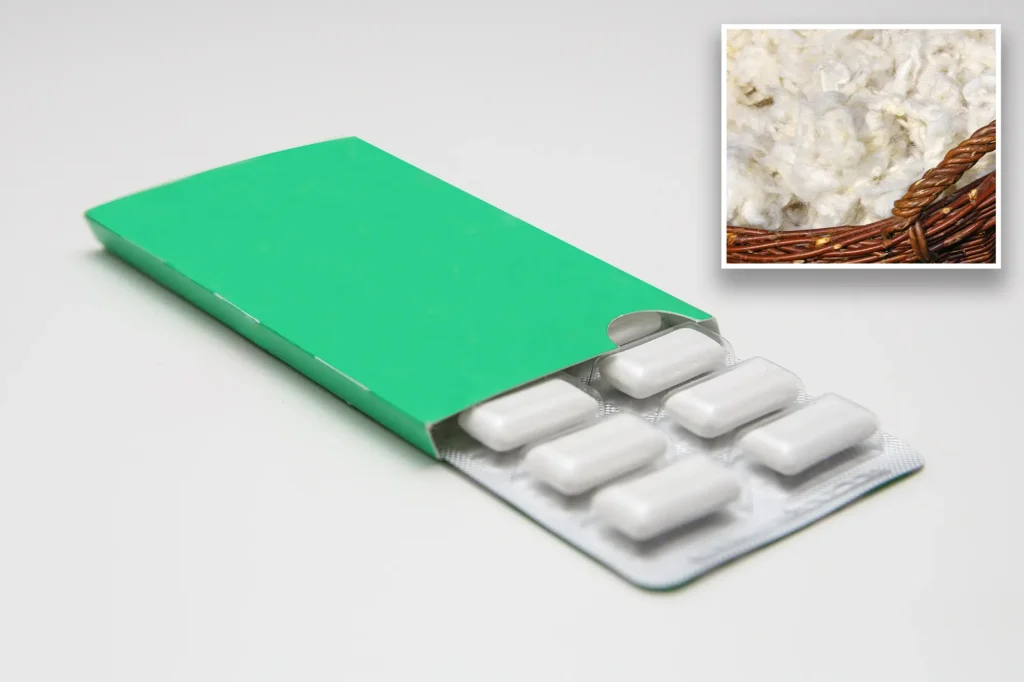
Weight Loss Medicine and Prescriptions - Vyvanse
For Moderate to Severe Binge Eating Disorder in Adults
Binge Eating Disorder (B.E.D.) is the most common eating disorder among adults in the US compared to anorexia and bulimia. Advances in medicine in the last few years have resulted in B.E.D. being recognized as a real medical condition. While the exact cause of B.E.D. is unknown, certain brain chemicals may play a role. Risk factors may include family history and certain life experiences. More research is needed to determine the possible causes of B.E.D.
Vyvanse is not for weight loss. It is not known if Vyvanse is safe and effective for the treatment of obesity.
Vyvanse® is a federally controlled substance (CII) because it can be abused or lead to dependence. Keep Vyvanse in a safe place to prevent misuse and abuse. Selling or giving away Vyvanse may harm others, and is against the law.
Medicine is not appropriate for all adults with Binge Eating Disorder. Talk to your doctor to see what might be right for you.
It’s Not Just Overeating
Are you curious about B.E.D.? The most important step is talking with your doctor.
Is Vyvanse (lisdexamfetamine dimesylate) Right for You?
Vyvanse is the first and only medication approved to treat moderate to severe Binge Eating Disorder in adults. For adults who have been diagnosed with moderate to severe B.E.D., Vyvanse may be able to help them get control of binge eating. Vyvanse is not for weight loss. It is not known if Vyvanse is safe and effective for the treatment of obesity. As with any medical condition, Binge Eating Disorder can only be diagnosed by a doctor or other trained health care professional. Medicine is not appropriate for all adults with Binge Eating Disorder.
VYVANSE IS THE FIRST AND ONLY MEDICATION APPROVED TO TREAT MODERATE TO SEVERE B.E.D. IN ADULTS
You should not take Vyvanse if you:
- are taking, or have taken in the past 14 days, an anti-depressant called a monoamine oxidase inhibitor (MAOI)
- are sensitive to, allergic to, or have had a reaction to other stimulant medications


